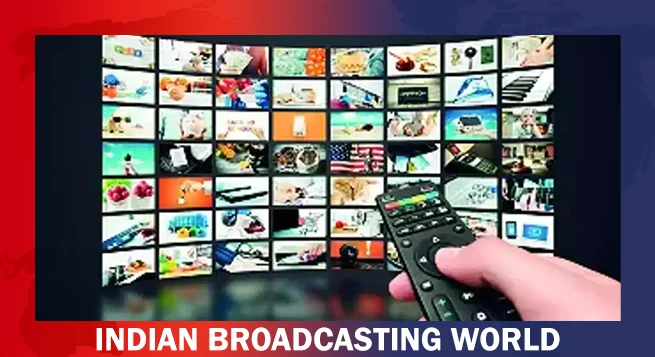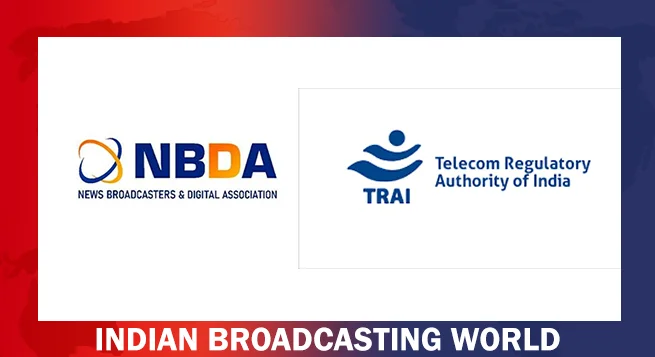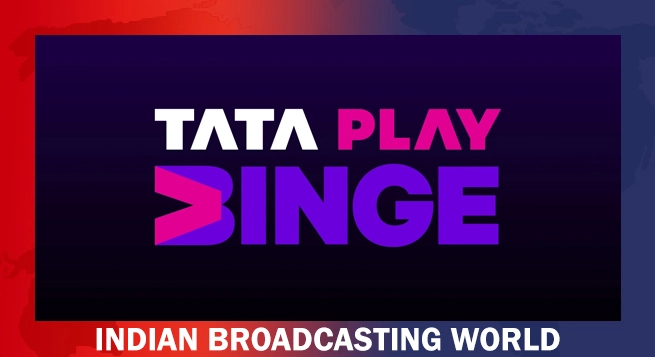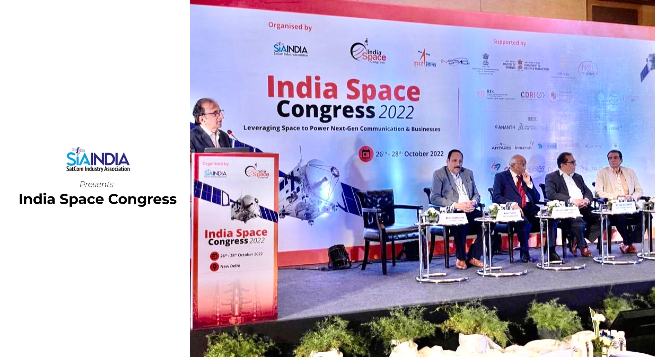Stakeholders of the space industry, also comprising satellite companies, have urged India’s Department of Telecommunications (DoT) to go for administrative allocation of the satellite spectrum and not auction it, SatCom Industry Association of India (SIA India) said Friday.
During the three-day deliberations at the first edition of India Space Congress 2022, members of the space industry echoed the view that administrative allocation of 28 MhZ spectrum should be the norm, while auctioning should be avoided, it said.
This is in conjunction with the fact that satellite spectrum auction has never happened in India before and, globally, the administrative allocation route is followed, the industry body opined.
Satcom industry is of the view that for the industry to grow, a comprehensive and conducive policy for the sector is required incorporating international best practices.
According to a media statement issued by the organisation, SIA-India DG Anil Prakash said, “While India is making rapid progress in the digital economy, one needs to keep in mind that satcom plays a pivotal role. And as the Hon’ble Minister Rajeev Chandrasekhar pointed out, satcom will be inherent for last mile connectivity.”
A report by moneycontrol.com also pointed out that the request is in line with Indian Space Research Organisation (ISRO) chairman S. Somnath’s suggestion to the Ministry of Communications to not regulate satellite spectrum, as mentioned in the draft India Telecommunications Bill 2022.
Somanath had also explained how the satellite spectrum is different from the terrestrial spectrum.
“They (satellite and terrestrial spectrum) cannot be combined as one. The Telecom bill has to explicitly bring out that this entirely different spectrum will be managed differently,” he had said earlier this week.
Meanwhile, a PTI report on Thursday had quoted junior Minister for IT and Electronics Rajeev Chandrasekhar as saying that satellite communications is emerging as an important part of India’s ambitions to scale up quality Internet access across the country.
For the digital economy and India’s growing clout in the global technology landscape, satellite communications hold significant relevance, the minister had said speaking at the India Space Congress 2022.
“Our goal…is by 2025-26 to have 1.2 billion Indians have the ability to connect to the Internet directly through their device, and… role of satellite communications and space segment is an inherent part of this,” Chandrasekhar said.
At times, wireless technology may have limitations and “satellite is clearly emerging as an important part of the blueprint of delivering quality Internet to all citizens and enterprises of India,” he said.
The space and satcom sectors are going to offer interesting and critical use cases that will catalyse startups, and development of devices and electronics, the PTI report stated.
 TRAI revamps website to connect with wider audience
TRAI revamps website to connect with wider audience  Prime Video to limit in India number of TV sets having access per subscription
Prime Video to limit in India number of TV sets having access per subscription  Delhi HC orders meta to remove deepfake videos of Rajat Sharma
Delhi HC orders meta to remove deepfake videos of Rajat Sharma  Govt. blocked 18 OTT platforms for obscene content in 2024
Govt. blocked 18 OTT platforms for obscene content in 2024  Broadcasting industry resists inclusion under Telecom Act
Broadcasting industry resists inclusion under Telecom Act  Meta faces heat as ChatGPT expands to WhatsApp
Meta faces heat as ChatGPT expands to WhatsApp  Colors Kannada unveils ‘Nooru Janmaku’
Colors Kannada unveils ‘Nooru Janmaku’  Sidharth Malhotra, Janhvi Kapoor unite for romantic film ‘Param Sundari’
Sidharth Malhotra, Janhvi Kapoor unite for romantic film ‘Param Sundari’  Tata Play Binge brings Christmas movie lineup
Tata Play Binge brings Christmas movie lineup  ITG elevates Siddharth Zarabi to BT multiverse Editor
ITG elevates Siddharth Zarabi to BT multiverse Editor 








